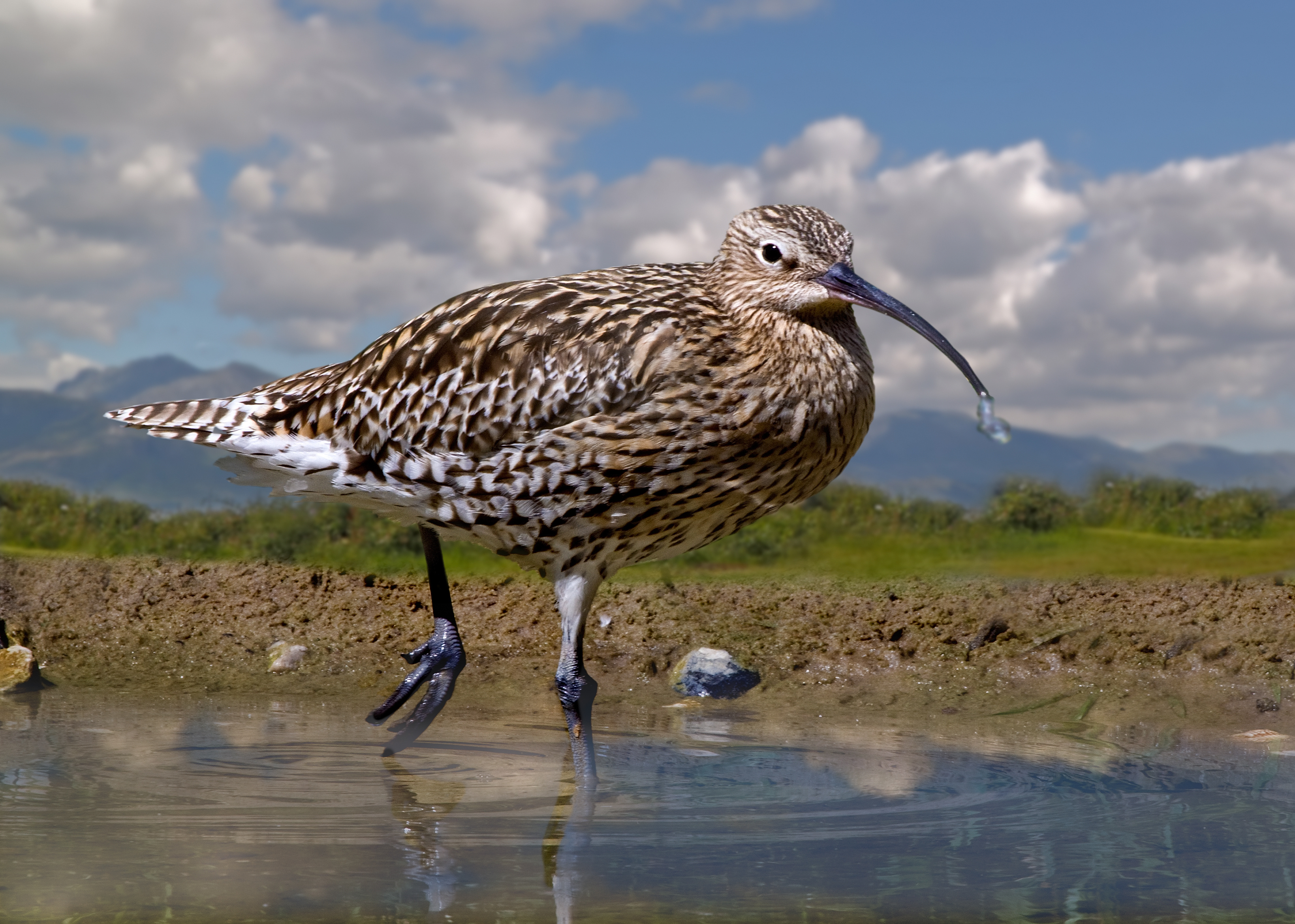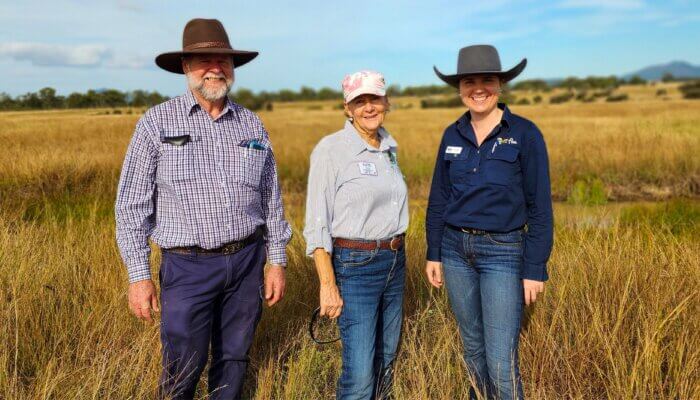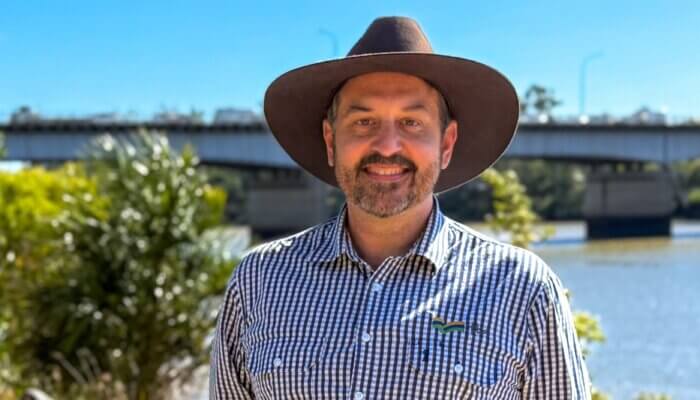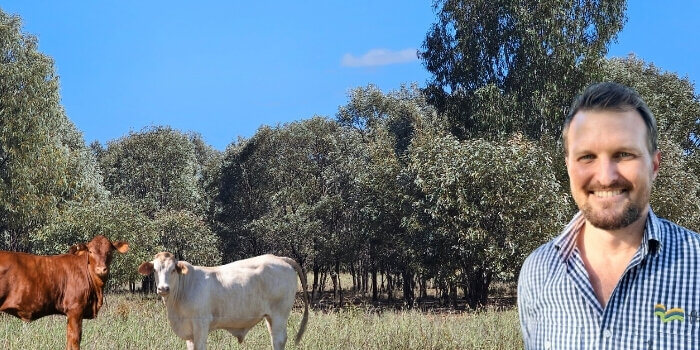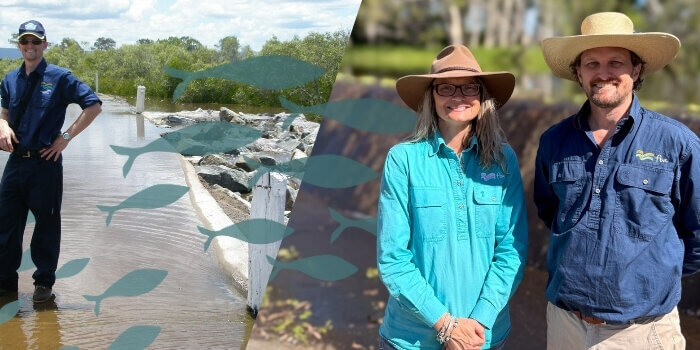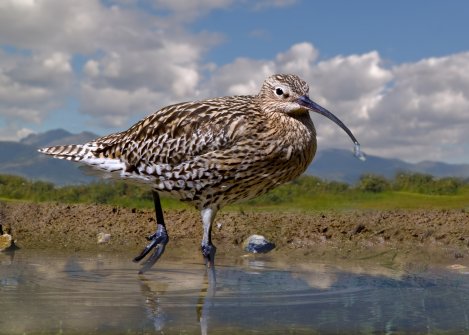
Don’t make migratory birds pay the price
Posted on May 11th, 2019
While they might have wings, seabirds cannot escape the threat of plastic. The number of seabirds dying from the effects of plastic each year is currently one million and growing.
This Saturday is World Migratory Bird Day and Fitzroy Basin Association (FBA), along with millions of other bird lovers, are encouraging each and every one of us to turn the tide on this growing concern.
An estimated 8.3 billion tonnes of plastic waste enter the world’s oceans each year. This is the equivalent of dumping the contents of one garbage truck into the ocean every minute! To make matters worse, plastic does not simply dissolve. Broken down into small particles by water, sunlight and wind, 90% of all the rubbish floating on the ocean surface is plastic.
Most plastic found in the ocean is 5mm or smaller (half the size of a marble). Floating and covered in algae, these pollutants look and smell like food. A seabirds’ natural foraging behaviour, coupled with this deceiving camouflage, makes birds prone to eating plastics – and worse yet, feeding it to their young.
It is currently estimated that 90% of all seabirds have plastic in their stomachs. Once ingested plastic causes harm to all feathered friends. Sharp plastic pieces easily pierce the delicate internal organs of birds causing instant death. However, most plastic consumption leads to starvation. With a tummy full of plastic, birds feel full but gain no nutritional value because with little room for real food they perish of malnutrition.
Along with microplastics, abandoned or lost fishing equipment is another human-generated waste that is killing seabirds. Rightfully named ‘ghost fishing’, seabirds are commonly caught in floating fishing equipment resulting in injury or drowning.
Our World Data estimates that 70-80% of the plastic found in the ocean is from the land. With an ocean drowning in out plastic pollution, it’s time for a change Capricorn Coast! Plastic waste generated from coastal populations (within 50km of a coastline) is most at risk of entering the sea.
Help curb the giant tide of plastic with some simple action to recycle, reuse and reduce. Limit your use of plastic materials, start replacing them with eco-friendly alternatives and dispose of all your plastics sustainably. Moreover, get involved in a local clean-up event along the Capricorn Coast and Fitzroy River.





